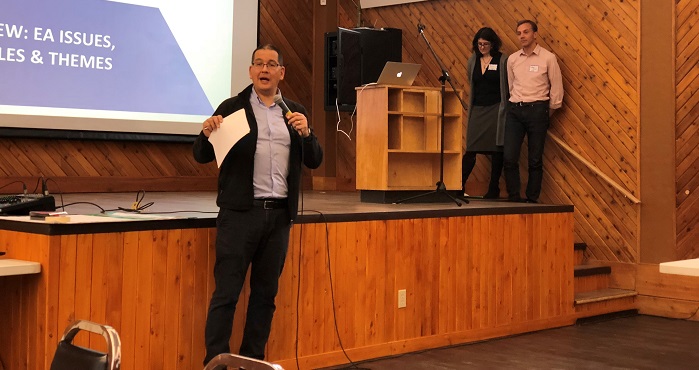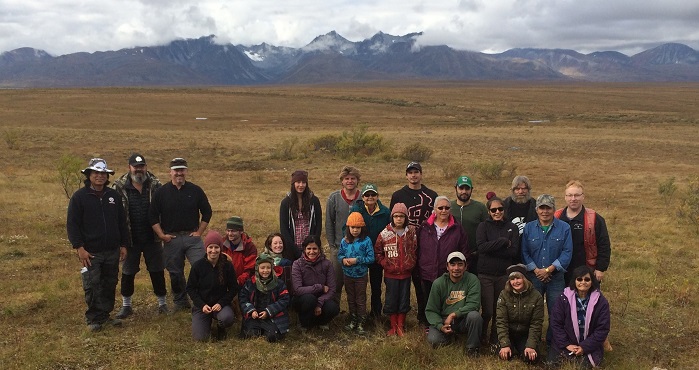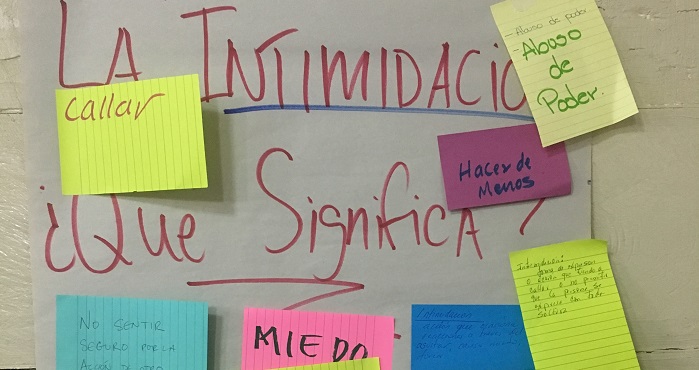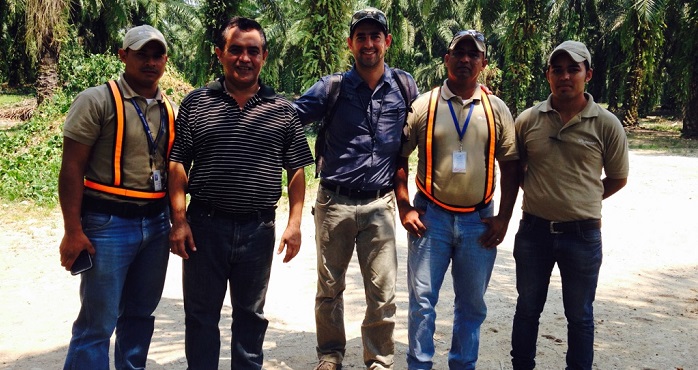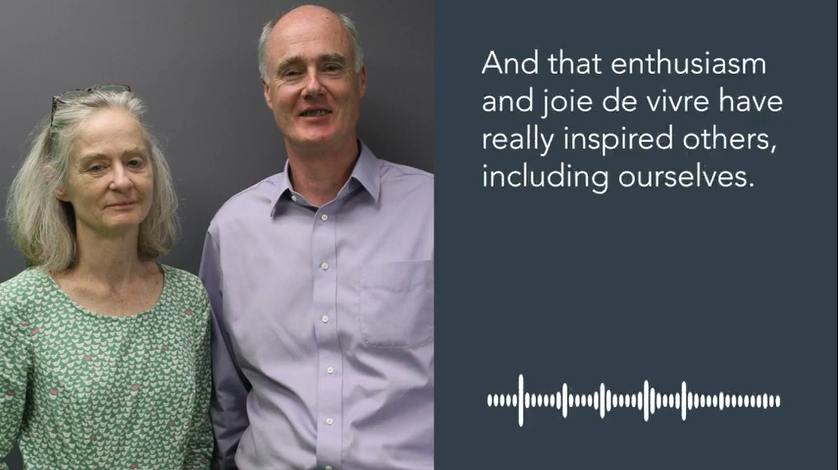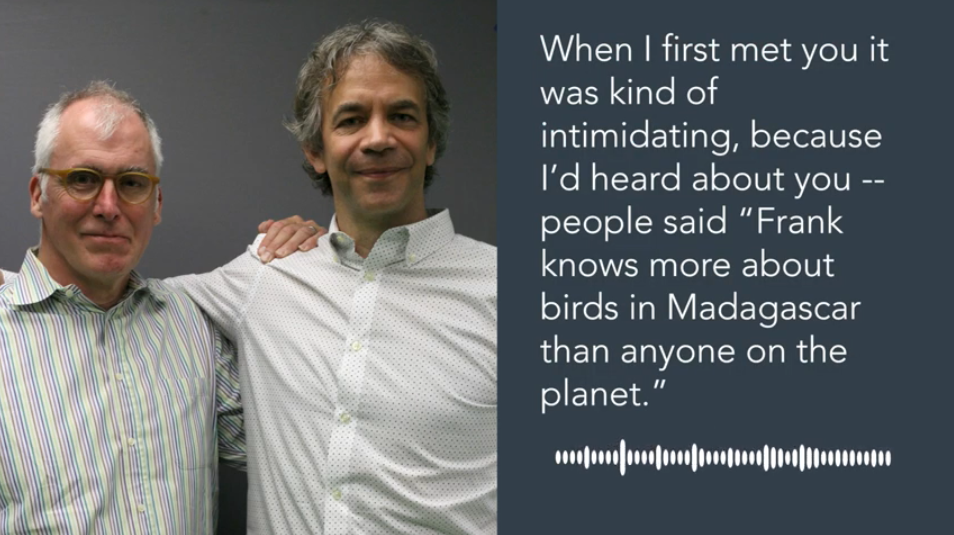Merrick: So the work is a lot within Latin America because I speak Spanish fluently, I’m married to a Costa Rican, we met in Costa Rica in the early ‘90s, and that in many ways sort of sensitized me to cultural differences, if you will. In fact I should just say as a quick anecdote, my wife asked me, when we were dating early, to go to her house for Christmas Day in Costa Rica, I said ‘terrific I’ll be there,’ never thinking to ask what day she meant. Because as it turns out, in Latin America, when you say come spend Christmas with me, La Navidad, it means the evening or the day of the 24th. So what happened was, the day went by, she was waiting for me to show up at her house, and I never show up, because I’m thinking it’s tomorrow. I get a phone call that night from her, she’s like, “que le pasa? what’s happening?” And I’m like ‘what do you mean? I’m coming tomorrow.’ And she’s like, ‘it’s frickin’ Christmas in Latin America, conquistador que no sabe nada, how could it be that you don’t know this? You are so culturally insensitive.’ There really is no way for me to explain how I could get that wrong. I’m living in her country. And I think oftentimes that happens in these contexts where we come into new places and whether you’re a company or you’re some other key actor and you’re asking for something of a community or you’ve had an impact and you don’t demonstrate deep acknowledgement, understanding, simply that you’ve done your homework so to speak, that you know when Christmas is.
You ask me what happens when I come into communities and the key is that a) I’ve done my due diligence, I know something about where they are and what they care about, and I begin there. I begin by telling them that I don’t necessarily have the answers, but I do have a deep bias, and that bias is for fair, informed, and hopefully wise conversations. And I want to help them do that, I want to help them to be heard, I want to help translate those core issues and concerns, and I want to help them find a place of agency in problem solving. I may not be able to it, I am not a magician, but I am there, and I am trying to name that, and I’m trying to do it with them not for them. Having thought about the practicalities, if you will, of dealing with impact, positive or negative, if I were in their shoes I wouldn’t want this being solved like a math problem, I would want this being solved through a conversation. Give me the right information, make it credible, but don’t talk to me like this is a formula, because it’s not.
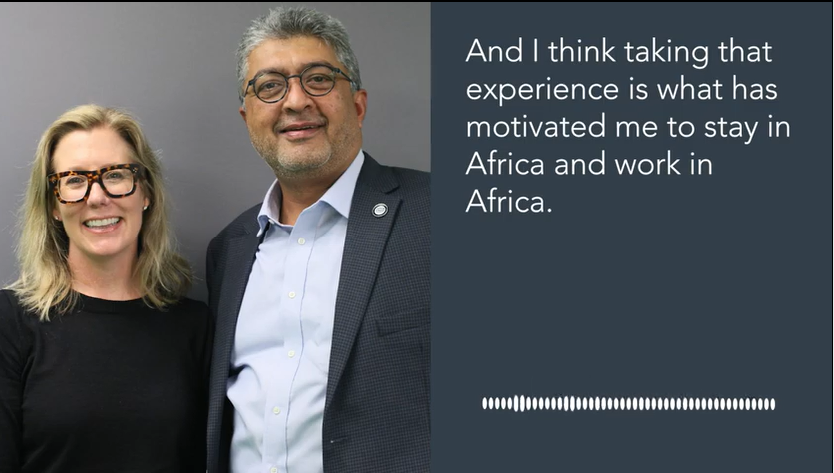 https://commdev.org/wp-content/uploads/2019/08/Satyam-Mary.png
473
834
James Frazier
James Frazier2019-08-05 11:49:172019-08-05 11:50:35Satyam Ramnauth & Mary Porter Peschka
https://commdev.org/wp-content/uploads/2019/08/Satyam-Mary.png
473
834
James Frazier
James Frazier2019-08-05 11:49:172019-08-05 11:50:35Satyam Ramnauth & Mary Porter Peschka